Ongoing Doctorates

A critical analysis of sustainable urban planning in the context of international environmental policy within the European Union
Janette Sesselmann-Huth
This study examines the unintended socio-political consequences of ecologically motivated urban development strategies, focusing on so-called "green gentrification processes". The central question is the extent to which climate-oriented urban policies within the EU influence socio-spatial dynamics. Additionally, the implementation of international environmental standards in regional planning practices is analysed, as is the interaction between levels of governance and local planning authorities. This interdisciplinary study thus contributes to European environmental policy research, urban governance and planning sociology.
Supervisor: Prof. Dr. iur. Eike Albrecht
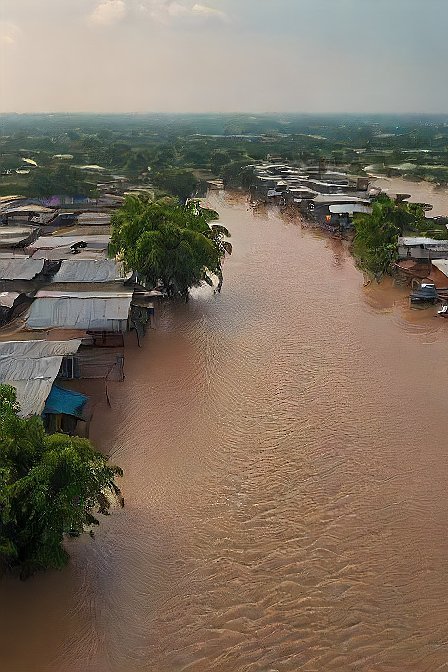
Climate change induced displacement, poverty, and inequalities in Africa. A choice experiment approach
Simeon Chukwudi Onya
This research project investigates the impact of climate change-induced risks on displacement, poverty, and inequalities in Africa, with a specific focus on Nigeria. Using a choice experiment approach, the study measures how affected communities perceive and prioritize these risks, influencing their migration decisions and exacerbating socioeconomic disparities.
Supervisor: Prof. Dr. rer. pol. Frank Wätzold
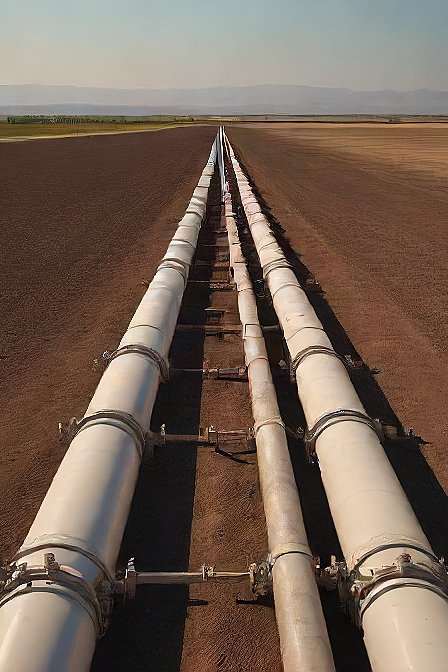
Life cycle assessment and regulatory framework development for hydrogen blending in natural gas networks: A case study of the H2-20 Pilot Project in Germany
Sultan Al Maskari
This project explores the technical and regulatory aspects of integrating hydrogen into natural gas systems. The study aims to validate and simulate the impacts of hydrogen blending, conduct a life cycle assessment, and develop regulatory guidelines to support the transition to a low-carbon energy system.
Supervisor: Prof. Dr. iur. Eike Albrecht

Flood management through legal frameworks and climate change adaptation in Lagos Metropolis: A case study on coherence and integration with national development plans
Bayode Omoyeni
The project aims to assess the coherence and alignment of regulatory frameworks and climate change adaptation strategies for managing flood risks in one of Africa's fastest growing cities, in line with Nigeria's national development plans. It will provide lessons for improving urban resilience and promoting sustainable development. The approach ensures that flood resilience is not just a local concern, but a key component of national planning, contributing to a cohesive and robust response to the challenges posed by escalating flood events.
Supervisor: Prof. Dr. iur. Eike Albrecht

Impact analysis of municipal sustainability management: Indicator-based assessment of sustainable development governance at the normative, strategic and operational level in German cities and regions
Oliver Peters
The transgression of planetary boundaries, the growing number of overarching political objectives such as the 2030 Agenda and other framework conditions increasingly determine the narrow room for action in local governments. As a result, sustainability impact analyses of strategies and measures in cities and regions are gaining in importance. This project aims to analyse valid methods for impact assessments, their potential for localisation and the question of whether relevant governance instruments have an impact on sustainable municipal development.
Supervisor: Prof. Dr. Ludger Gailing
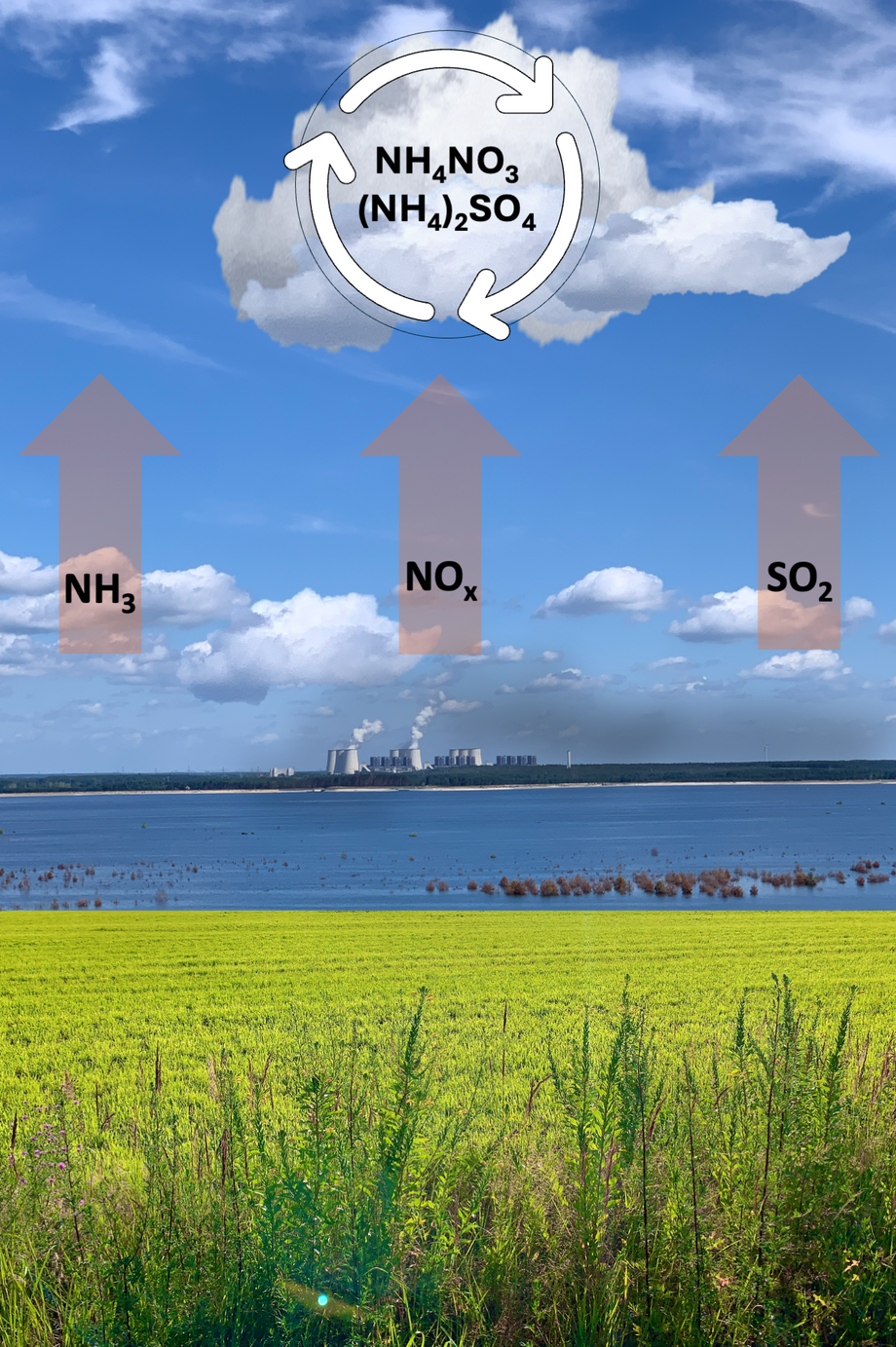
Spatial and temporal distribution of ammonia (NH3) emission and their contribution to atmospheric aerosol particles in Brandenburg Germany
Christian Edgardo Saravia Solares
Ammonia (NH3) is an important precursor in the formation of atmospheric aerosol particles and plays a crucial role in air quality and environmental health. The project focuses on the comprehensive assessment and monitoring of tropospheric ammonia emissions from various sources such as agriculture, industrial processes, vehicles, biomass combustion and natural emissions and their contribution to the formation of atmospheric aerosol particles in Brandenburg, Germany.
Supervisor: Prof. Dr. rer. nat. Katja Trachte
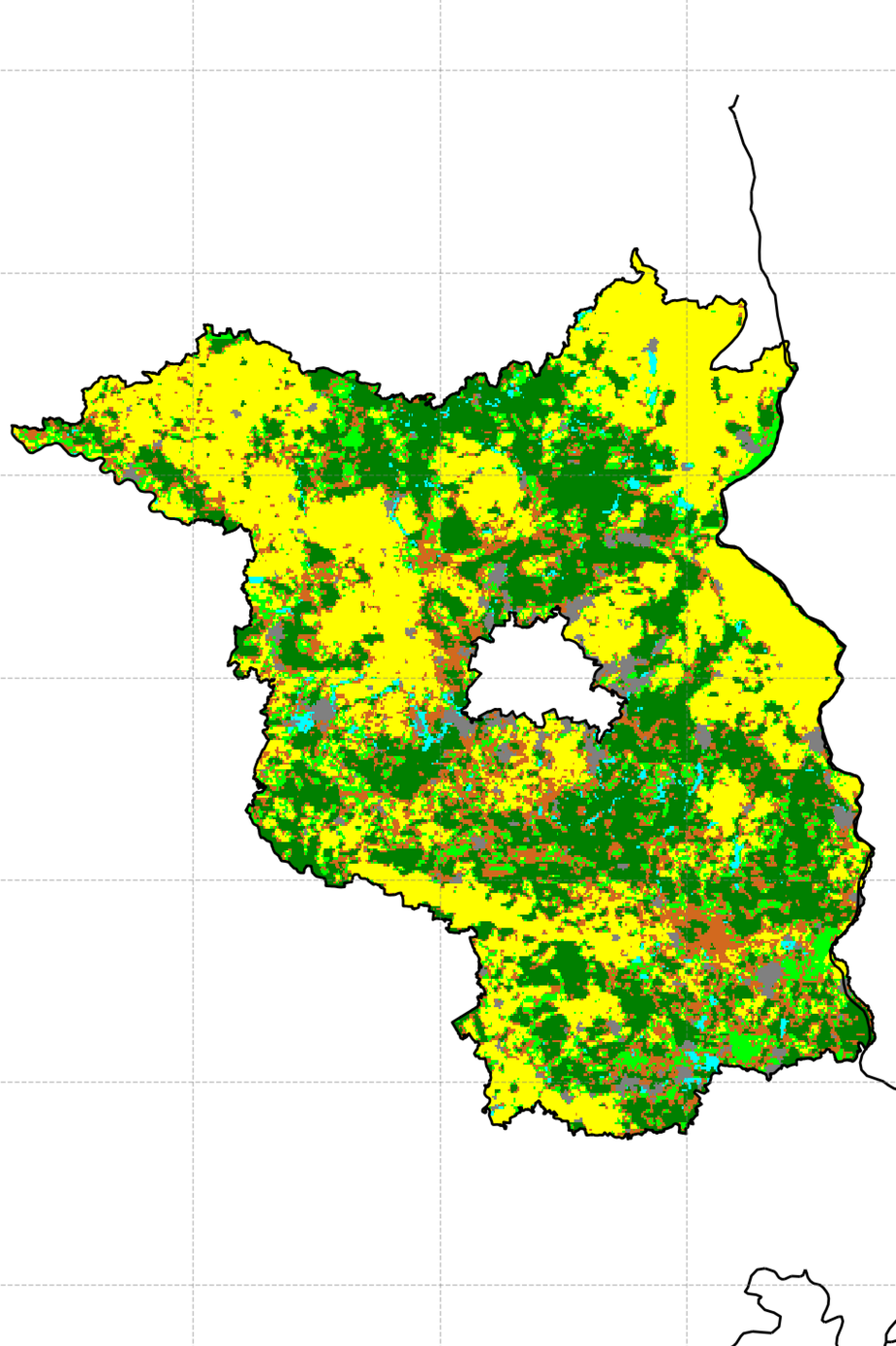
Spatio-temporal microclimates and feedback effects at the land-surface-atmosphere interface of fruit orchards
Somayeh Ahmadpour
In this study, the spatio-temporal variability of evapotranspiration and its relationship with atmospheric drivers and land use classes in Brandenburg, eastern Germany, will be investigated. The aim is to assess the impacts of land use change and climate change on evapotranspiration, which is crucial to comprehending local water cycles and energy balances.
Supervisor: Prof. Dr. rer. nat. Katja Trachte
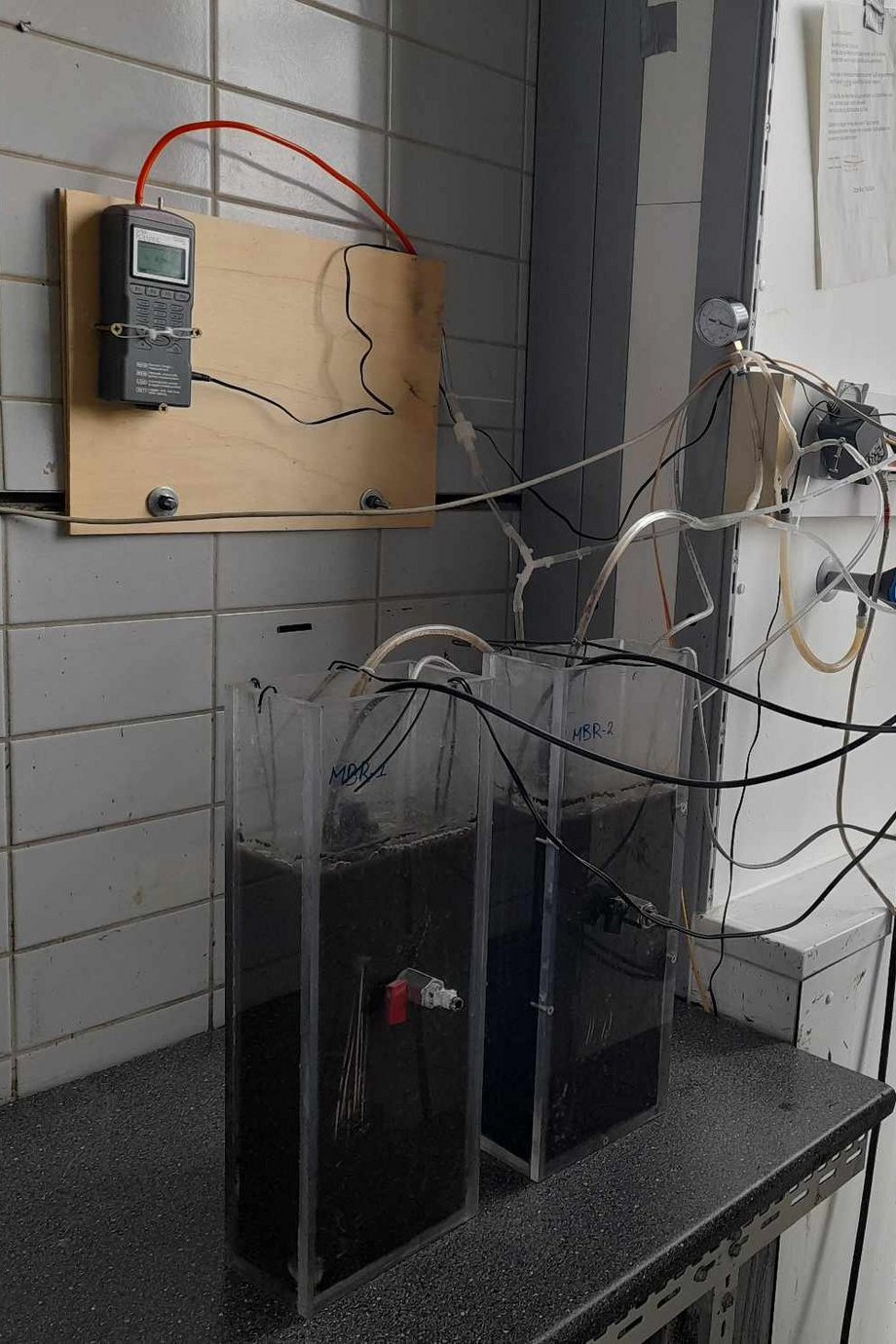
Paradigm shift in membrane bioreactor: Reducing membrane fouling by implementing quorum quenching bacteria and optimized treatment conditions
Noman Sohail
Membrane bioreactor technology is successfully used for the treatment of wastewater. This study focuses on the effect of Quorum Quenching on the structure and composition of biofilms on different types of polymeric membranes such as polyvinylidene fluoride, polytetrafluoroethylene or polystyrene and on the evaluation of efficiency by monitoring membrane fouling, degradation of extra polymeric substances, permeate flux and removal efficiency of organic compounds and other nutrients.

Arachnid diversity and community composition as indicators of land-use intensity in Ghana, Western Africa
Kibvu Kinga Harriet
The ongoing degradation of Ghana's natural habitats through mining, agriculture, deforestation and infrastructure development threatens biodiversity, including spiders, scorpions and related arachnids that fulfil important ecosystem functions. This study examines changes in spider abundance, taxonomic and functional diversity, and energy transfer rates in tropical forests to identify restoration actions that promote conservation.
Supervisor: Prof. Dr. rer. nat. Klaus Birkhofer
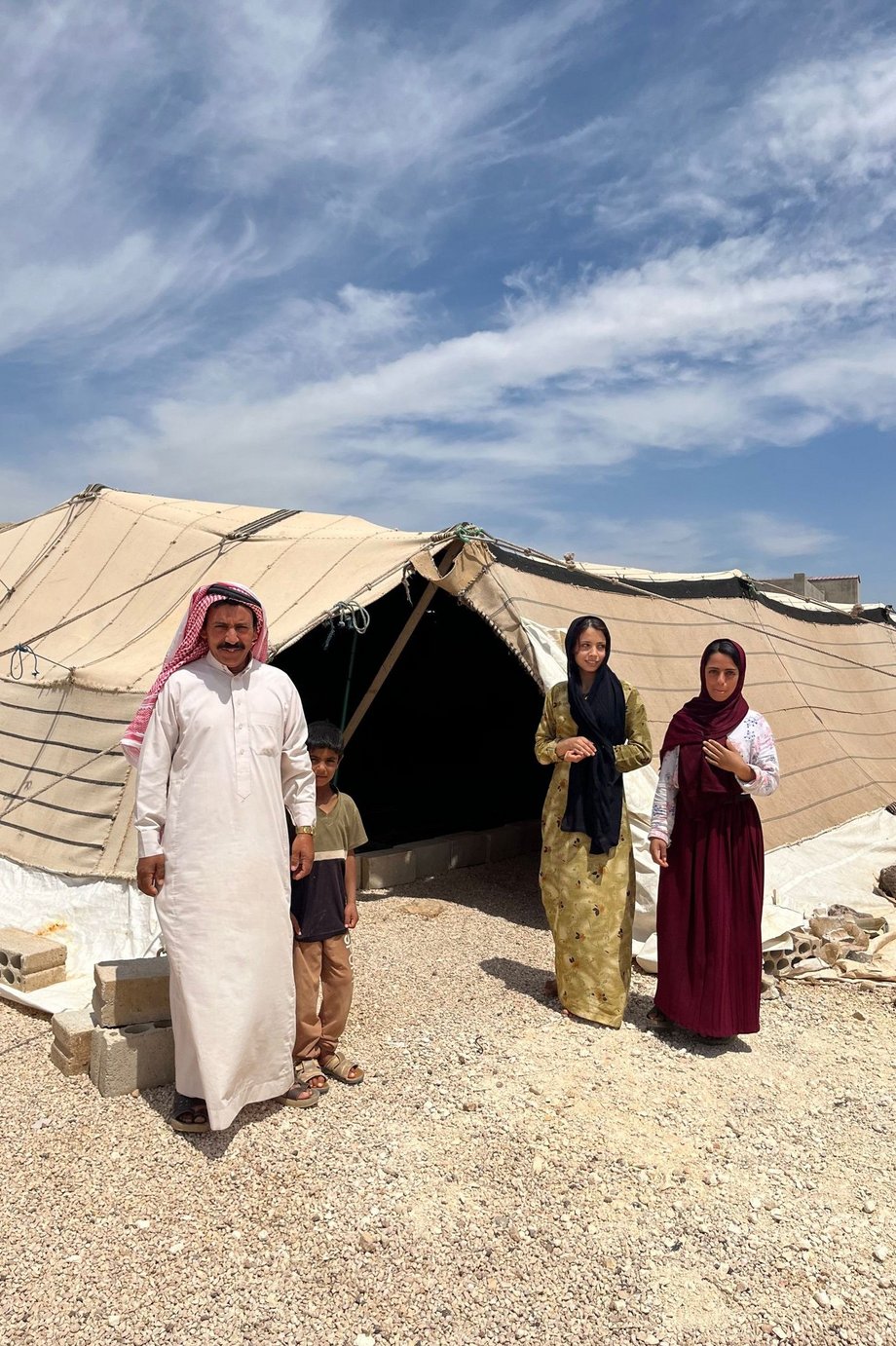
Institutional change and common-pool-resource management: Three case studies in Jordan
Mai Nusir
The main focus of the research is to investigate and analyse the approaches to community-based management of common pool resources in Jordan. The method of conducting this research is through the application of the Institutional Analysis and Development (IAD) framework, with a modified extended version developed to include local path dependency and narratives and their impact on institutional outcomes.
Supervisor: Prof. Dr. rer. pol. Frank Wätzold
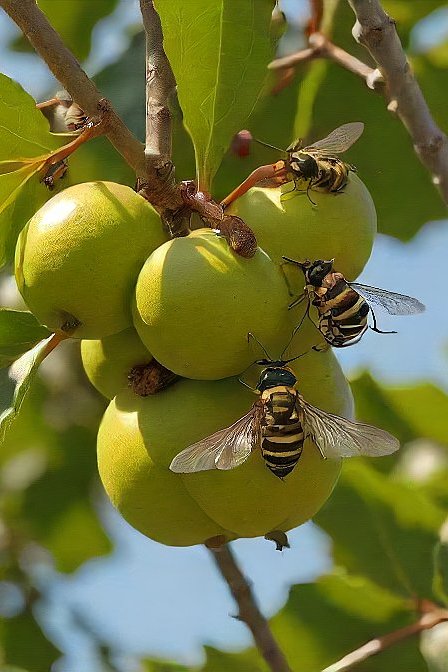
Ecological-economic modelling of biological pest control measures including adjacent semi-natural ecosystems in fruit orchards
Somaiyeh Nezhadkheirollah
This modelling strategy allows the analysis of complex interactions in ecological-economic systems, taking into account ecological feedbacks on farmers' decisions about land use and management intensity, as well as their economic and ecological motives. The model describes the dynamics of a pest population and its natural enemies as a function of land use, pesticide use and production levels.
Supervisor: Hon. Prof. Dr. Dr. Martin Drechsler
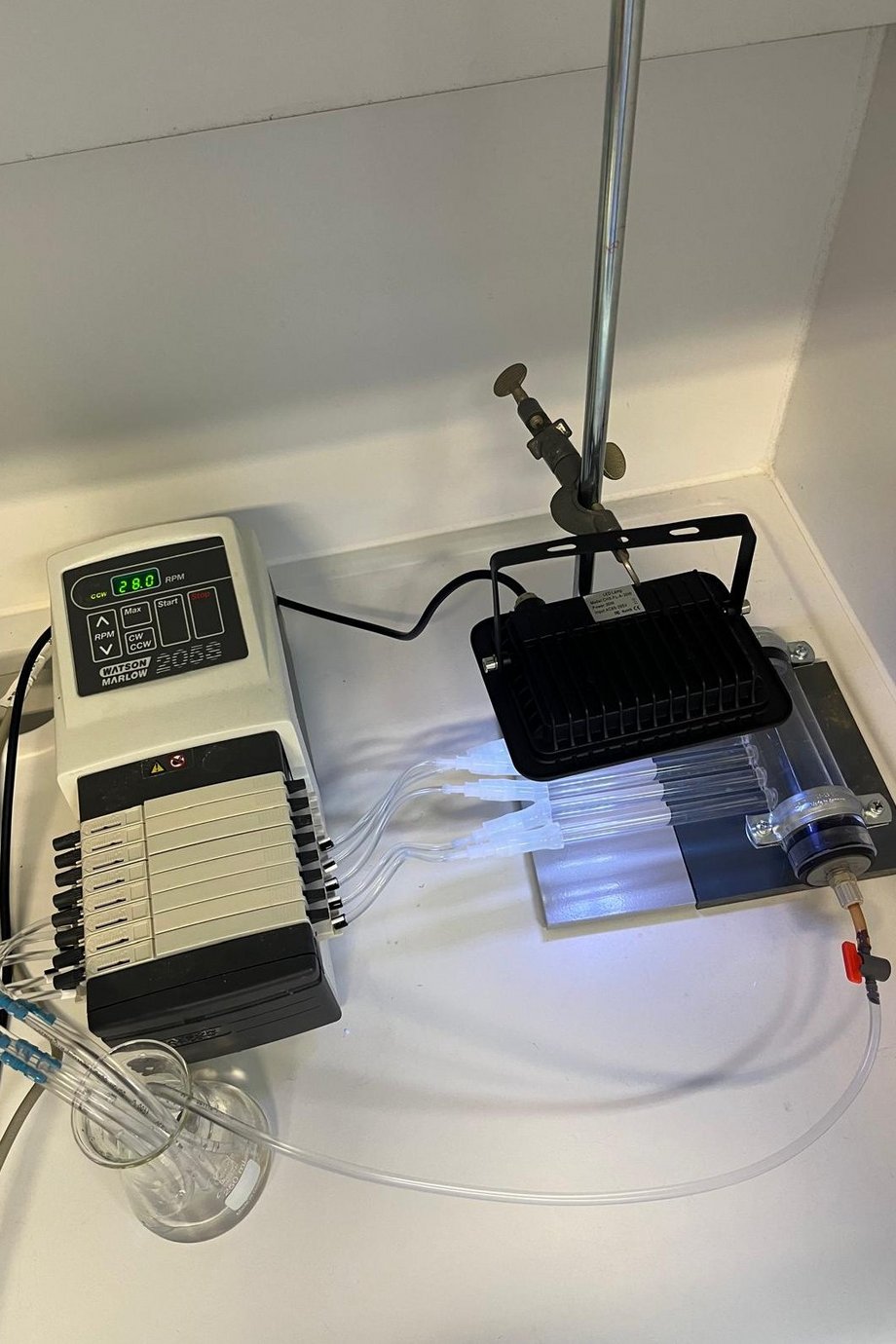
Development of a solar water disinfection system for sustainable water use in developing countries
Abdul-Rahaman Afitiri
Continuous access to clean drinking water remains a major challenge for developing countries, hence, making rural populations consume unclean water which adversely affect their health and wellbeing. The project aims to develop a hybrid decentralized drinking water disinfection system by investigating the use of UV and photochemical oxidation processes and sunlight as energy source to improve water quality.
Supervisor: Prof. Dr. rer. nat. habil. Marion Martienssen
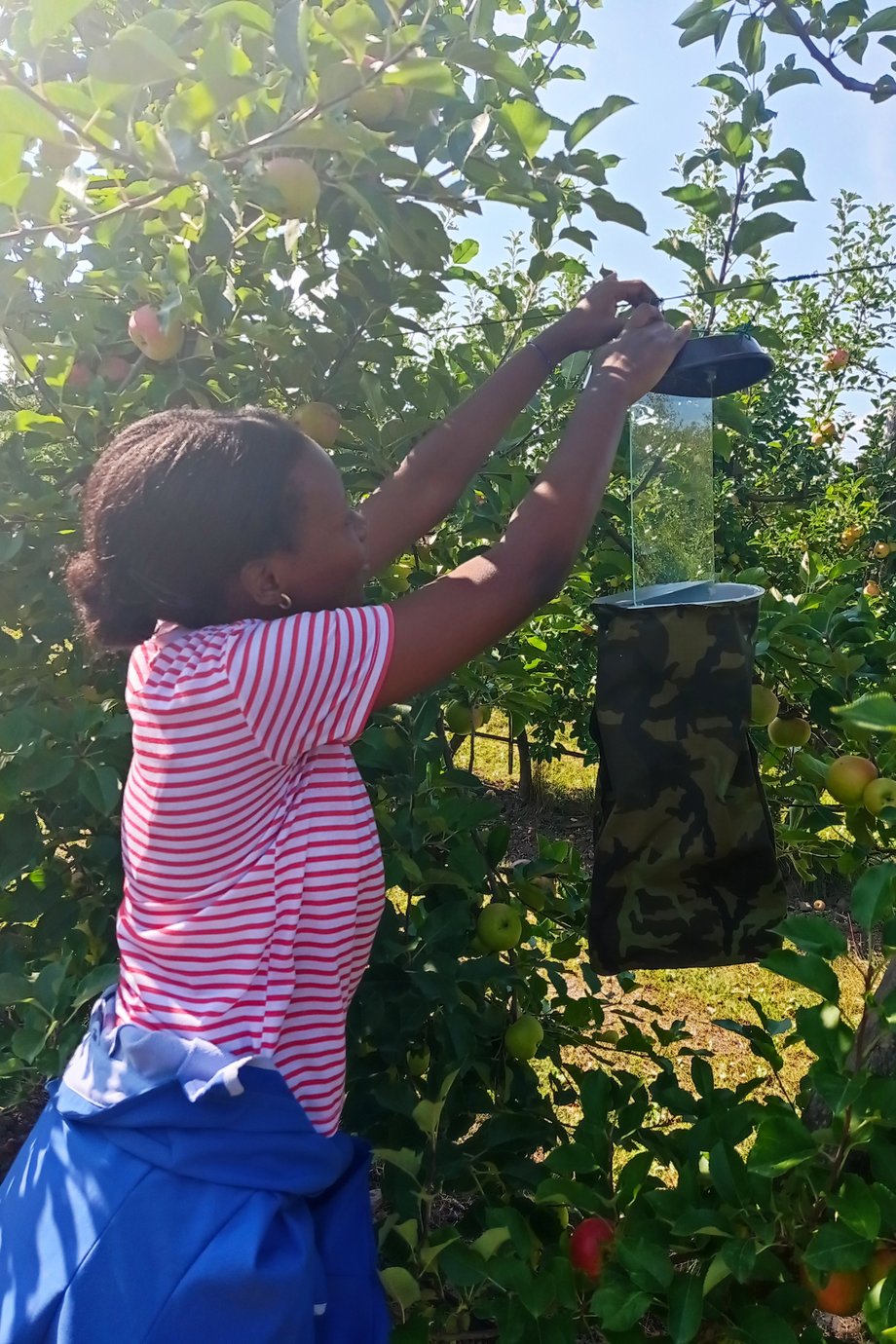
Conservation biological control and predator diversity in fruit orchards and adjacent semi-natural ecosystems in a changing climate
Ingrid Aline Bapfubusa Niyibizi
This project focuses on pest control as a critical aspect of "multifunctional landscapes," using fruit orchards in Eastern Germany as a case study. The research examines the effects of organic and integrated pest management (IPM) systems on arthropod pest populations, with the goal of advancing sustainable production strategies.
Supervsior: Prof. Dr. rer. nat. Klaus Birkhofer
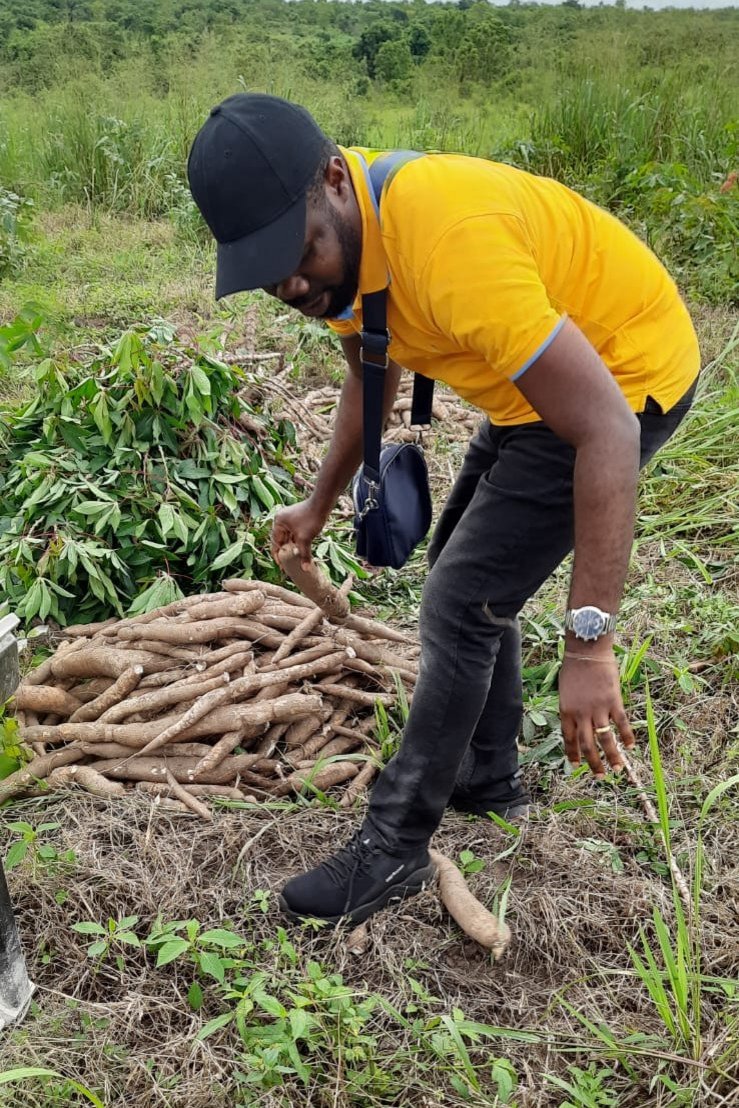
Towards sustainable agriculture: An institutional analysis of yield gap and on-farm food loss in Nigeria´s Cassava Production System
Collins Izuchukwu Igboji
Nigeria, the world's largest cassava producer, struggles with low yields and significant on-farm food losses due to inadequate agronomic practices and ineffective institutions. This study employs institutional frameworks to examine how interactions among actors, existing rules, and information flows within Nigeria's cassava production system contribute to these challenges and propose strategies for improving production. It aims to inform policymakers and enhance Nigeria's global market position and food security.
Supervisor: Prof. Dr. iur. Eike Albrecht
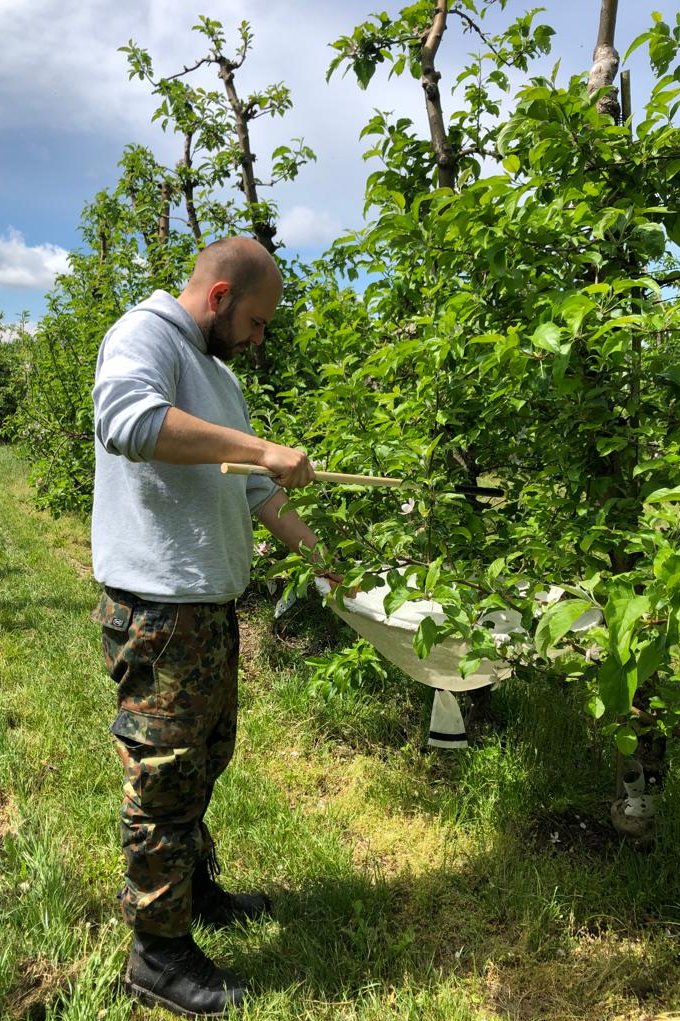
Ground cover management in German fruit production systems and related consequences for biological control services
Benjamin Schnerch
The project aims to understand how different management practices affect the relationships between biodiversity and ecosystem functions across management and climatic gradients in German apple production systems. Apples are the most important temperate fruit in Germany and orchards cover an area of 33 981 ha. Different ground cover management approaches will be investigated to assess their impact on local pest densities and natural enemies. This should promote a sustainable orchard management for sufficient food production through the use of ecosystem services.
Supervisor: Prof. Dr. rer. nat. Klaus Birkhofer
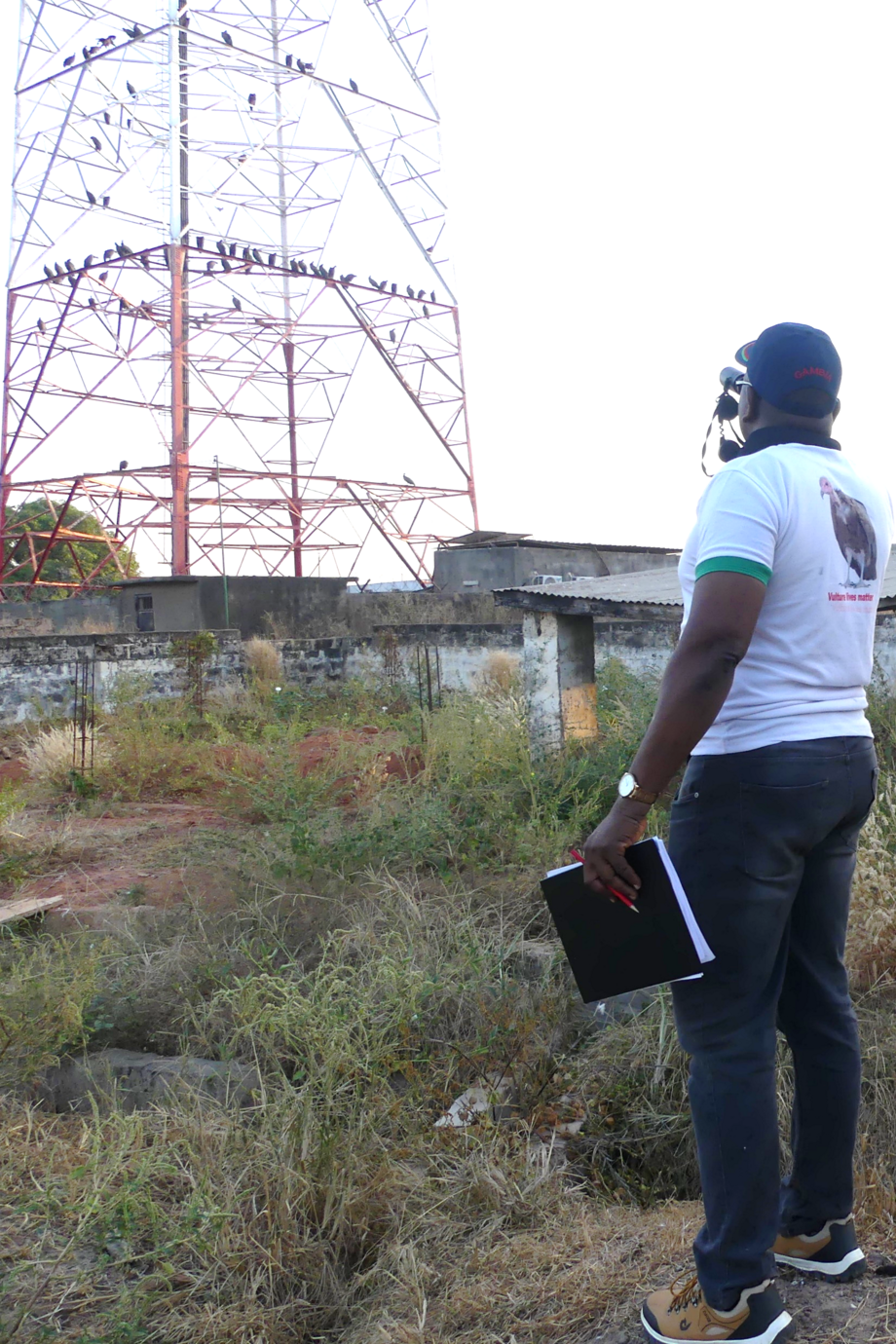
Assessment of ecosystem services provided by Hooded Vultures (Necrosyrtes monachus): Quantification of food waste removal in urban areas in The Gambia.
Michael Bode Agunbiade
This project aims to assess the ecosystem services provided by Hooded Vultures (Necrosyrtes monachus) by quantifying their role in food waste removal in urban areas of The Gambia. The study involves detailed observations and measurements of waste consumption by Hooded Vultures at various urban sites to evaluate their impact on reducing organic waste and associated environmental benefits.
Supervisor: Prof. Dr. rer. nat. Klaus Birkhofer

A systematic analysis of the implications of the legal involvement of autonomously organised community-based water providers in the fulfillment of the human right to drinking water
Katharina Lindt
The dissertation is grounded in fieldwork conducted with community-based water organisations in different countries, including for example Colombia, Mexico, Oman and Ireland. The empirical data gathered through interviews and participating observation will be explored in relation to the political, legal, organisational and ecological context of the respective provider. This will inform the development of a grounded theory that elucidates the impact of diverse input factors on the functionality of the autonomous supply with the physical resource water, as well as on the altered relationship between state and citizen.
Supervisor: Prof. Dr. iur. Eike Albrecht

Performance evaluation of solar modules in conformity with irradiation study for efficient solar PV systems in Bangladesh
Nusrat Jahan Imu
Bangladesh has set a target of generating 100% renewable energy by 2050 and has identified photovoltaics as a promising technology for achieving this goal. A recent study by Daffodil International University (DIU) aims to evaluate the efficiency of monocrystalline and polycrystalline solar modules in Bangladesh.
Supervisor: Prof. Dr. iur. Eike Albrecht
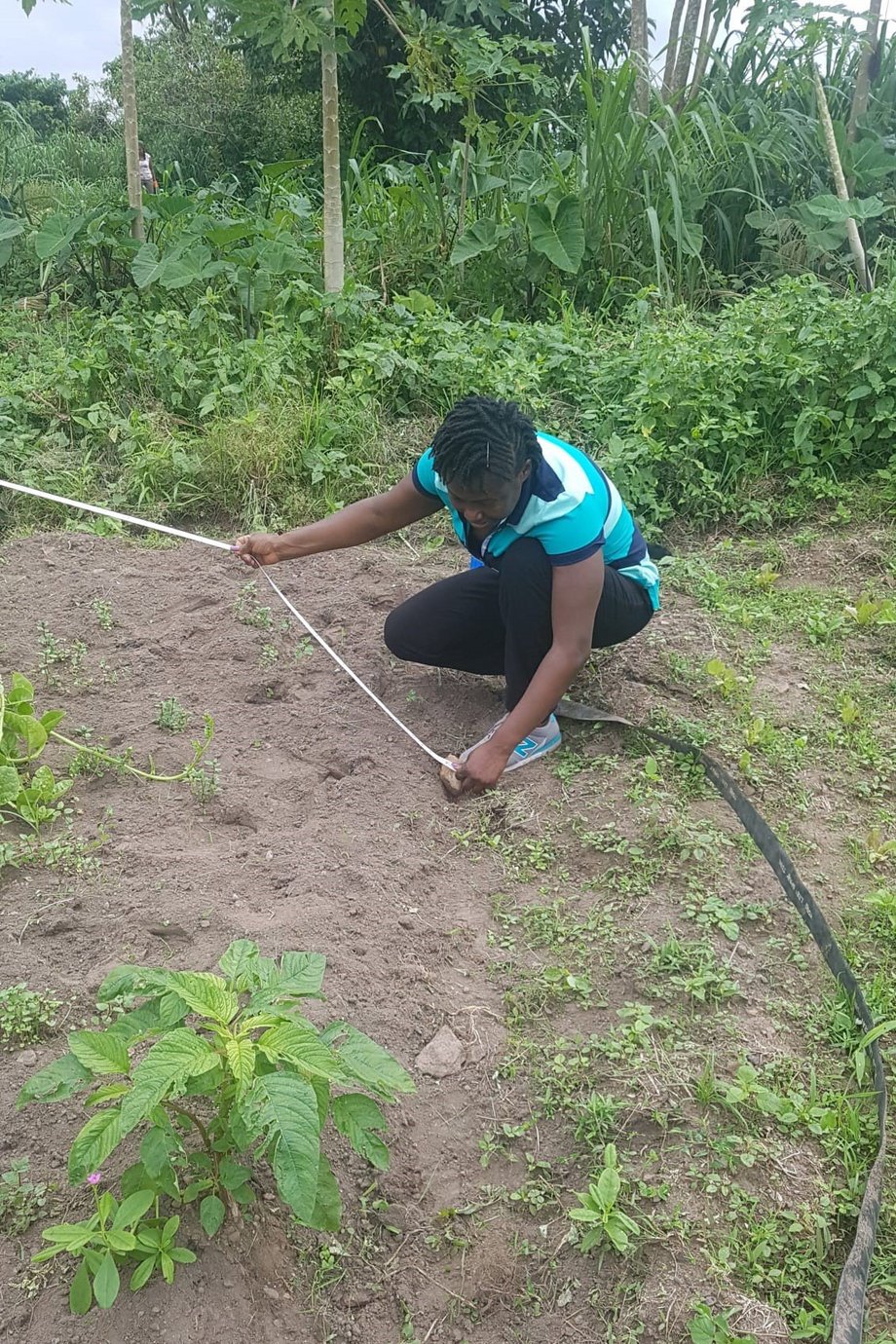
Organic farming as a tool for enhancing food security and poverty alleviation: A comparative analysis of farms in the Eastern Region, Ghana
Martha Ofori-Kuragu
This research investigates the potential of organic farming as a strategic intervention for improving food security and alleviating poverty particularly among smallholder farmers by conducting a comparative analysis of farms in the Eastern Region of Ghana. The research critically examines the environmental and health implications of organic versus conventional farming, assesses the socio-economic viability of organic practices for farmer profitability, and evaluates the effectiveness of Ghanaian policies in promoting sustainable agricultural frameworks.
Supervisor: Assoc. Prof. (University Damascus) Dr. agr. Bachar Ibrahim

Heavy metal accumulation in contaminated areas of top soil, considering their effect on soil microorganisms, and plants to humans
Haggart Onyinye Ugwo
The study focusses on the investigation of heavy metal contamination in topsoil and its effects on soil microorganisms on old sewage fields, former military areas and old landfills. By analysing the heavy metal concentrations and establishing microbial cultures, the contamination of these areas and the implications for the microbial community (e.g. Pseudomonas) will be investigated.
Supervisor: apl. Prof. Dr. rer. nat. habil. Manfred Wanner
